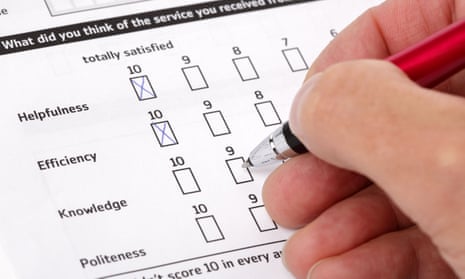Every year, during my first lecture in physiology, I like to shake my students’ ethics with a statement: “All (or most of) the facts we’re going to study this year are based on animal experimentation.”
Being a physiology lecturer for medical students involves lots of talking, explaining and running around milestone experiments performed on animals or, sometimes, bits of them. Experimentation is the way we humans attempt to understand ourselves, and explain how living creatures are organised and how they work. The scientific method, although not perfect, it is the most objective way we’ve got so far to test hypotheses about nature. As physiologist, it is straightforward.
But in education, it is less simple. Our students are the guinea pigs. I only started to realise this because of a recent conversation with a young person in my lecture.
“Sir, I love physiology, anatomy and even biochemistry, but … don’t take it as your fault, but … it really pisses me off when I have fill in surveys about your lectures on the intranet.”
“Come on,” I replied. “It’s only five minutes.”
The student laughed. “Yes, but we have to do dozens of them.”
I decided to do some digging and find out exactly how many surveys my students have to fill in throughout the year. The results were:
Evaluation of academics: 12-17 questionnaires
Evaluation of new teaching methods: 3-4
Evaluation of university premises: 2
Evaluation of mentor/tutor: 1
Evaluation of evaluation questionnaires: 1
I don’t remember any academics asking me for my assessment of their performance when I was at university; the same applies for administration and canteen personnel.
Filling in surveys is not the most exhausting work, I know. It doesn’t take hours to answer 25 questionnaires a year. But how useful is the data from someone being asked for the fourth, fifth, tenth, twelfth time for their opinion about our excellent methods, our excellent facilities, our stunning Nobel-prize-awarded faculty?When I was studying, back in the 1990s, I thought my microbiology lecturer was the most horrible woman. She was mean, with the demeanour of a lieutenant. She was a far cry from the polite genetics lecturer: he was kind, softly spoken and always smiling.
Today, 20 years on, I realise that our microbiology lecturer was a great academic, who made a tremendous effort for us to experience good practicals with very scarce resources. She was strict, both in regard to the rules and scientific procedures.
If I had been asked at that time about her teaching, I would have rated her far lower than she deserved. It was only years later, when I was studying microbiology, that I realised how lucky we had been to have such a tough, efficient lecturer.
The polite genetics lecturer was just that: polite. But if I’d been asked at the time about his teaching, I would definitely have rated him higher than he deserved, although his practicals were nowhere near as well designed as the microbiology ones.
I’m grateful to both of them – their different styles shaped the professional I am now – but at age 19, I could not see the whole picture. It took time, which we do not give to our students. We hammer them with surveys and hurry them to respond. Universities love collecting this data. We make mountains of it every year, but what for? Why make our students feel like guinea pigs? (Guinea pigs paying a huge amount of money for the privilege of being experimented on)We should take our students’ opinions into account, of course – doing so helps us to grow as academics. But we should do it far more effectively. We should give our students time to answer our questions properly and respond in the long-term.
Let’s give them room to look at the whole picture. Less surveys and more space mean better data.
Join the higher education network for more comment, analysis and job opportunities, direct to your inbox. Follow us on Twitter @gdnhighered. And if you have an idea for a story, please read ourguidelines and email your pitch to us athighereducationnetwork@theguardian.com
